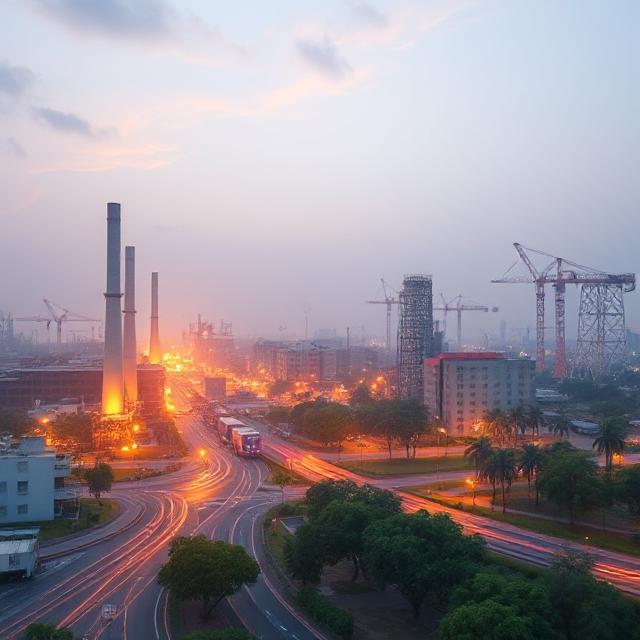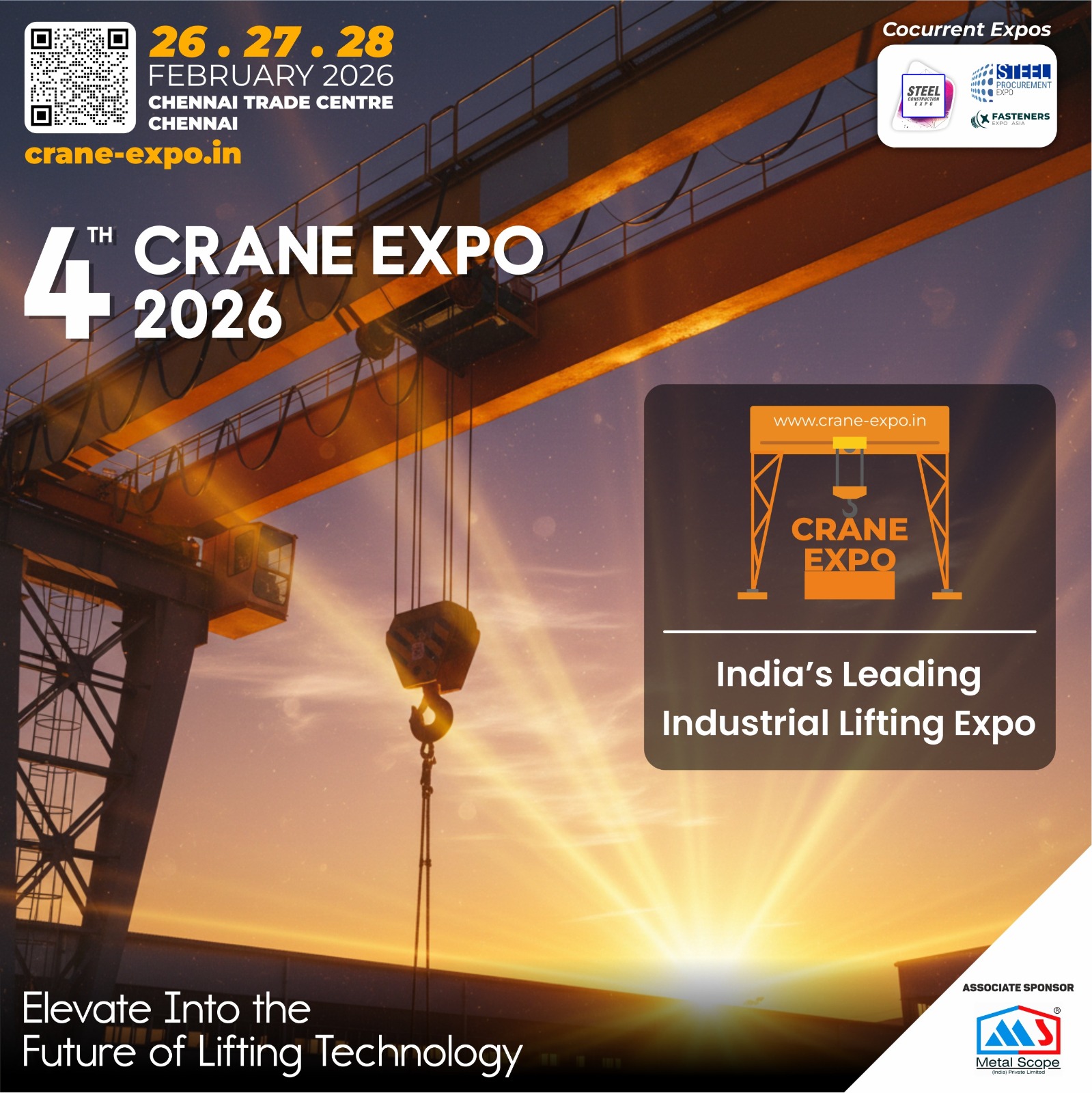India is intensifying its push for plug-and-play industrial parks and integrated urban infrastructure as part of a broader strategy to enhance ease of doing business and support sustainable industrial growth. In the Union Budget 2025–26, the government earmarked ₹2,500 crore to establish investment-ready industrial parks across 100 cities. These parks will be developed in collaboration with state governments and private developers and will feature ready-to-use infrastructure such as roads, power, water, and digital connectivity. This move is designed to eliminate lengthy setup processes for manufacturers and MSMEs, enabling faster project execution and job creation.
Additionally, the Union Cabinet recently approved the development of 12 industrial smart cities across 10 states under the National Industrial Corridor Development Programme. With an outlay of ₹28,602 crore, these smart cities will be built on plug-and-play and walk-to-work concepts. They are expected to generate up to 1 million direct and 3 million indirect jobs, while attracting over ₹1.5 lakh crore in investment. The integration of residential, commercial, and industrial zones aims to enhance efficiency and reduce urban congestion.
States are also aligning with this national vision. In Maharashtra, the state’s Industrial Development Corporation has signed a ₹5,127 crore FDI-backed deal to develop more than ten eco-friendly industrial and logistics parks in regions including Panvel, Chakan, and Nagpur. These parks will include green-certified infrastructure, solar power, EV charging stations, and plug-and-play units tailored for MSMEs, potentially creating over 27,000 jobs. In Madhya Pradesh, the Indore-based MPIDC is developing a ₹167 crore plug-and-play garment park featuring over 180 production units. Similarly, Nashik will soon see its first plug-and-play facility for MSMEs within a 10-acre industrial estate.
These initiatives underscore India’s growing commitment to building modern, investment-ready industrial ecosystems that integrate seamlessly with urban planning to promote industrial efficiency, environmental sustainability, and inclusive growth.




